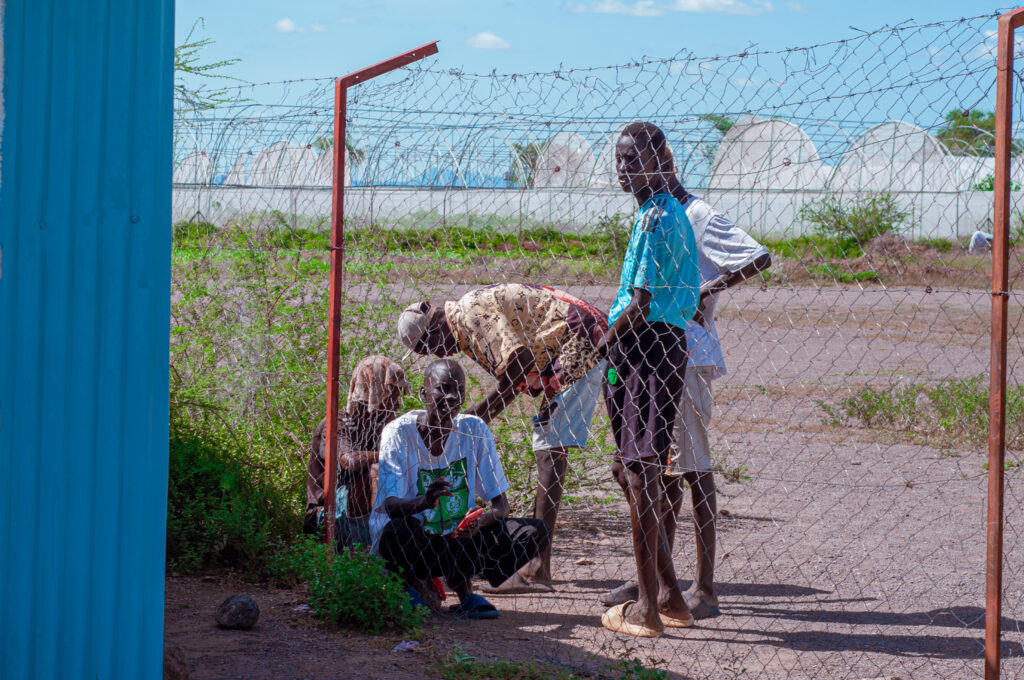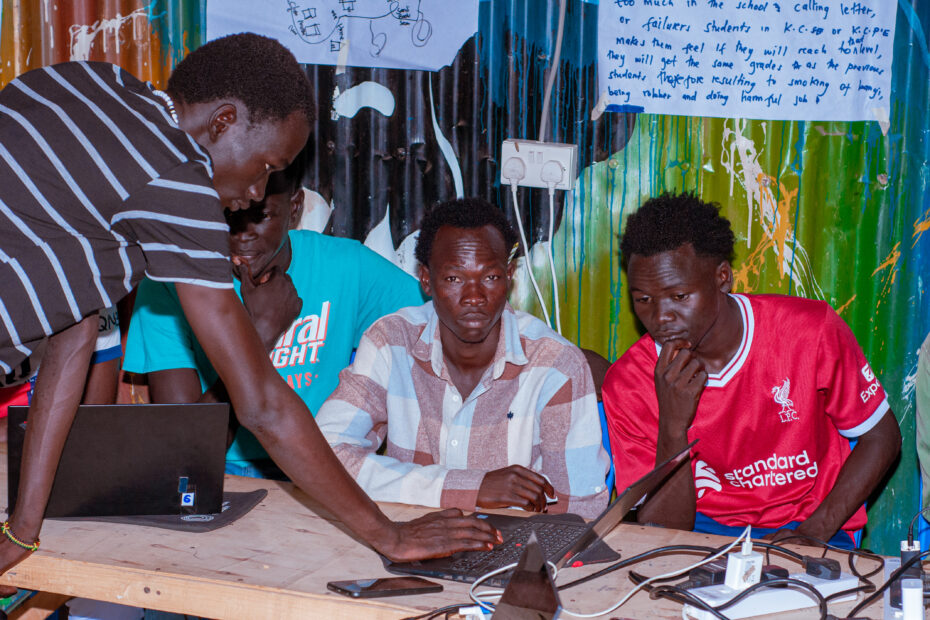International Telecommunications Union defines meaningful digital connectivity as that which “allows users to have a safe, satisfying, enriching, and productive online experience at an affordable cost.” Oftentimes, discussion has leaned on “universal connectivity” while neglecting “meaningful connectivity”. To exacerbate the situation, the latter has been misunderstood. For example, meaningful connectivity has mostly been associated with the following:
- Using the internet to study and work out school assignments
- Using the internet to look for job opportunities
- Using the internet to learn digital literacy skills
How about utilizing the internet to access WhatsApp so you can chat with your friends? Or to access Facebook so you can chat and interact with your friends. These, too, are meaningful use of the internet. Especially for refugees who left their native countries several years ago due to civil wars and/or family conflicts. The refugees have friends and family members back at home. They are also concerned about the state of affairs in their countries.
In addition, entertainment plays a vital role in the lives of these people; it helps to alleviate the negative thoughts that might at times overwhelm them. As a result, accessing the internet to chat with their friends on social networks or get news updates about their countries is meaningful use of the internet.
At our centres in Kakuma Refugee Camp and Kalobeyei Refugee Settlement, in addition to providing affordable WiFi hotspots to local schools and market places, we also welcome people, especially youth, to access the internet via our hotspots. These people use the internet to achieve some of the aforementioned objectives while also learning from YouTube and other channels.

Our digital literacy program scholars also benefit from internet availability in our centres; they use it during the sessions and afterwards to practice what they are taught. Some of them use the internet to apply for jobs.
We are grateful to our funders who have supported our efforts to bridge the digital divide, especially Internet Society Foundation, IEEE, Comsoc Kenya, and Unconnected.org. Through our community network, we aim to impact the lives of 1,600 people through ICT programs, including by establishing 30 public hub spots, and providing internet connectivity to 30 schools and 180 households. Our purpose is to expand access to digital resources and opportunities for education and development within Kakuma and Kalobeyei.
Get latest news and exclusive stories from us by subscribing to our newsletter. Fill the form below. See you on the other side :)

I’m interested with it